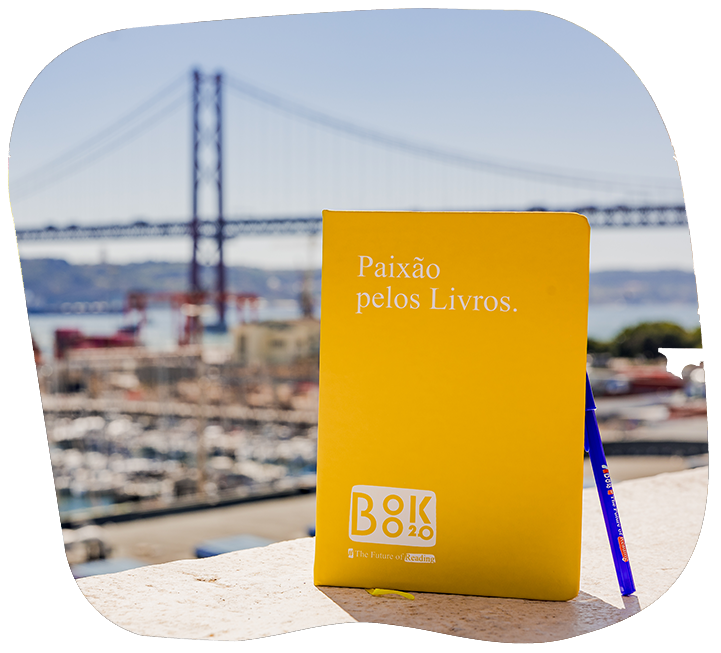2024
BOOK 2.0 #The Future of Reading
5th and 6th September 2024
Museu do Oriente – Lisbon, Portugal
Museu do Oriente – Lisbon, Portugal

IN 2024, WE TURNED THE PAGE
2
Days
+65
Speakers
+600
Participants
+13
Partners

IN 2024, WE TURNED THE PAGE
2
Days
+65
Speakers
+600
Participants
+13
Partners